Developing the fisheries economy in a sustainable manner, becoming one of the key economic sectors, achieving high growth rates is an important task that the province has resolutely directed. Thereby, contributing positively to the socio-economic development of the province and firmly integrating into the international economy.
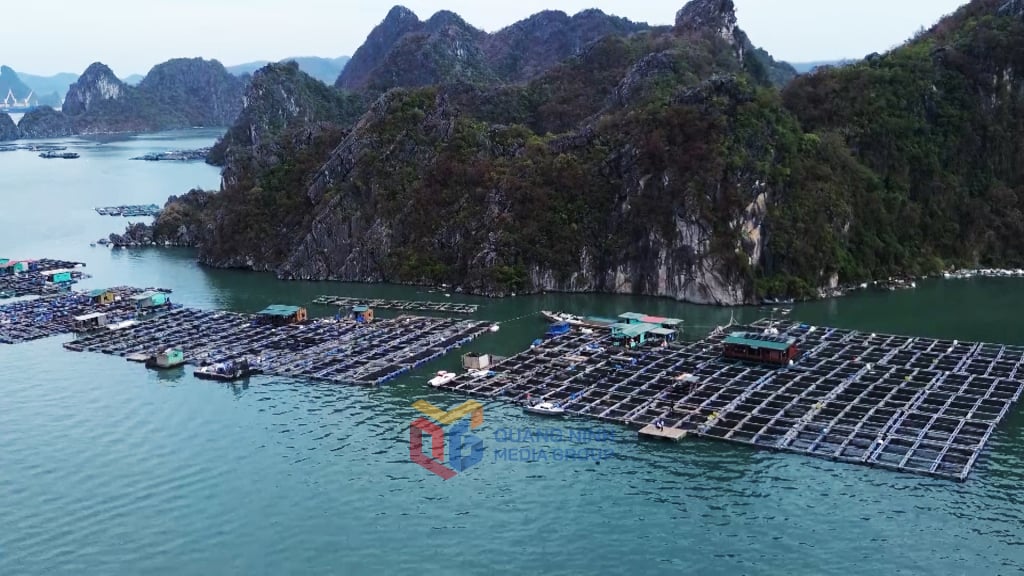
Quang Ninh is one of 28 coastal provinces and cities in the country, with 2,077 large and small islands, a 250km long coastline, 40,000 hectares of tidal flats, over 20,000 hectares of bays and straits, and diverse and rich marine biological resources. This gives Quang Ninh a strong position in aquaculture production. In 2024, the province's inland aquaculture area will be about 32,092 hectares, and the marine aquaculture area will be about 10,200 hectares; there will be 11,252 aquaculture establishments, an increase of 7.4% compared to 2023.
To promote and strongly develop the marine economy, Quang Ninh province continues to focus on investing in aquaculture. In 2024, the province will reorganize the aquaculture space with the goal of promoting marine aquaculture, promoting regional and inter-regional advantages in the direction of within 3 nautical miles, reducing the scale and density of aquaculture to create livelihoods, arranging stable aquaculture for farmers and fishing boat owners to switch to aquaculture; combining people's livelihood with the area to attract businesses to develop aquaculture according to the value chain. Along with that, successfully organized the Quang Ninh province's marine aquaculture investment attraction conference; after the conference, 74 organizations and individuals researching and investing in marine aquaculture proposed marine aquaculture projects.
Currently, the whole province is arranging the sea area to attract enterprises with financial potential, science and technology to invest in developing modern industrial marine aquaculture with an area of 13,400 hectares. Enterprises and cooperatives have proposed research with an area of nearly 12,000 hectares concentrated in the localities: Van Don, Cam Pha, Co To, Dam Ha, Hai Ha, Mong Cai, Ha Long. Up to now, the whole province has 1,339 marine aquaculture production establishments, with more than 150 economic organizations; has organized the granting of aquaculture licenses for 2,170 hectares to 7 organizations in Van Don district and Cam Pha city. By the end of 2024, localities have issued 326 decisions on assigning sea surface within local authority with a total area of 196.4 hectares.
The province also focuses on guiding localities and units to adjust the farming structure appropriately, develop shrimp and fish farming areas applying high technology, friendly to the environment; strongly develop key farming products of shrimp and molluscs. Policies to attract focused, key, and oriented investment in the aquaculture sector have been effective, from which many large enterprises have developed in the province. There are 18 production and breeding facilities in the province, 100% of which have been granted certificates of eligibility for production and breeding facilities.
Currently, Viet Uc Quang Ninh Company Limited supplies 50% of the Company's white-leg shrimp seeds in the provincial market and 30-40% in the markets of the Northern and North Central provinces. In 2025, the Company strives to produce 1.1 billion white-leg shrimp seeds, an increase of 10% compared to 2024. According to the plan and orders, in the first quarter of 2025, the Company strives to sell 122 million white-leg shrimp seeds. Since the beginning of 2025, the Company has exported and supplied 18 million white-leg shrimp seeds to serve the commercial shrimp farming needs of facilities as well as households.
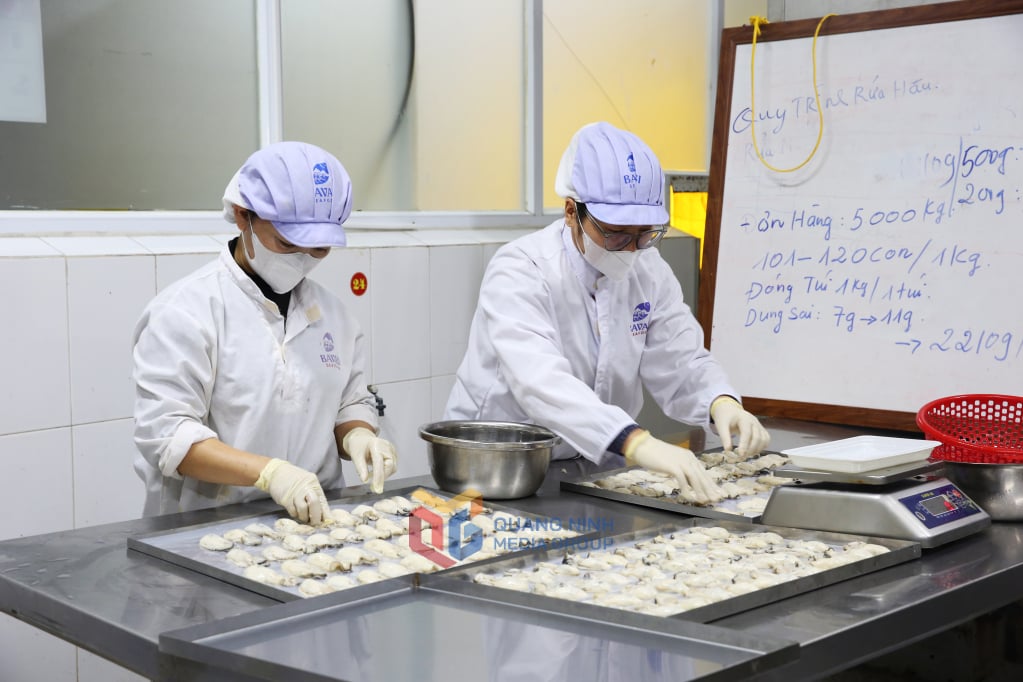
The province also actively implements the management of illegal, unreported and unregulated (IUU) fishing; organizes the monitoring of 100% of offshore fishing vessels, ensuring that they operate in the right areas and in the right licensed profession; 100% of the province's fishing vessels do not fish illegally. At the same time, strengthen the management of aquatic resource exploitation activities, thoroughly prevent destructive, exhaustive, illegal, unreported and unregulated fishing activities that threaten aquatic resources; reorganize marine resource exploitation in the direction of developing large-capacity fishing vessels, offshore fishing, associated with protecting the security and sovereignty of national waters and security and safety in international waters, gradually reducing small-capacity fishing vessels, coastal fishing, etc.
The province is developing the Project for Sustainable Development of the Aquaculture Economy of Quang Ninh Province to 2030, with a vision to 2050. According to calculations, by 2030, the production value of the province's aquaculture sector will reach VND 32,170 billion (an average increase of 12% per year); the proportion of aquaculture accounts for 1.9-2% of the province's GRDP and over 50% of GRDP in the structure of the agriculture, forestry and fishery sectors; the export value of aquatic products will reach 250-260 million USD (an average increase of 8% per year); creating jobs for about 40,000 workers. This is also the basis for reviewing the aquaculture area each year, re-identifying the main pillars of the aquaculture sector and moving towards sustainable development.
Source








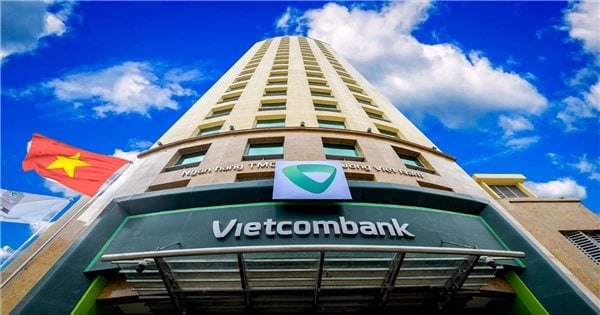

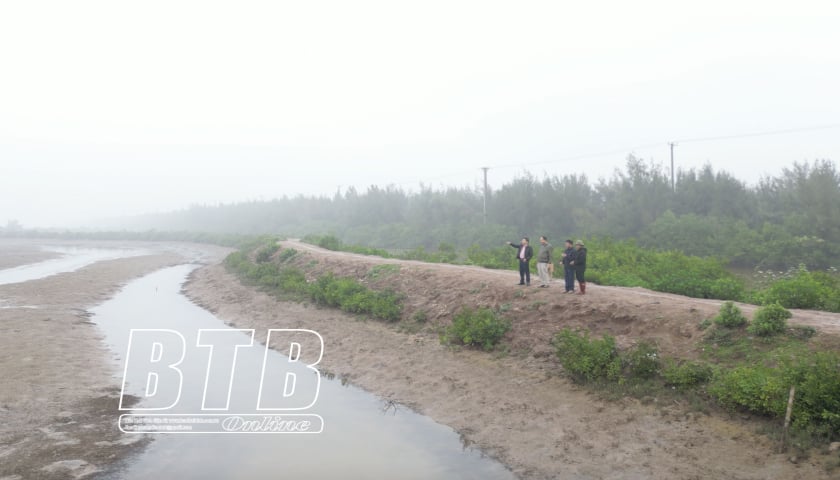

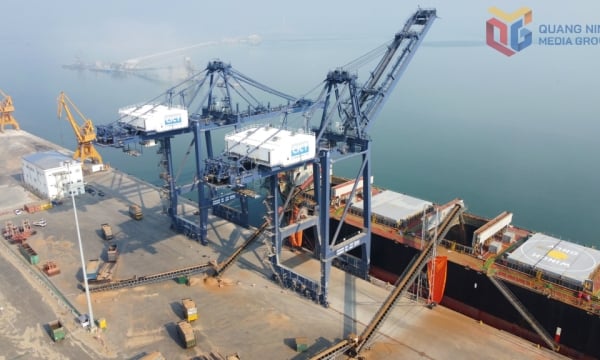
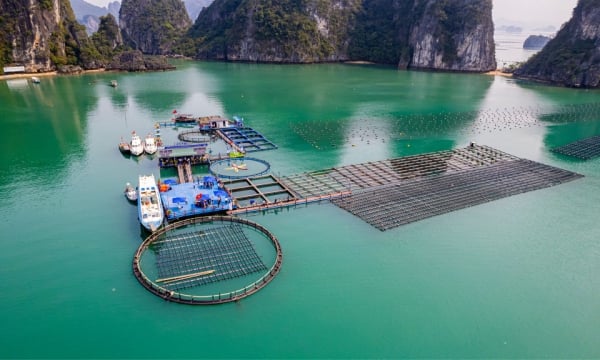
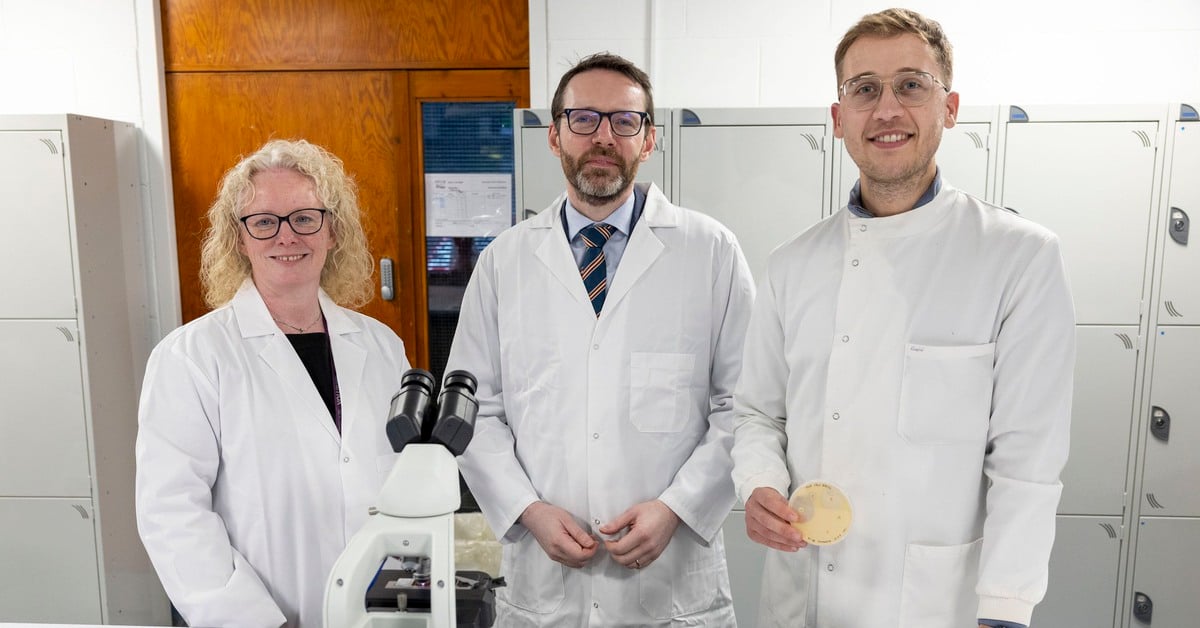

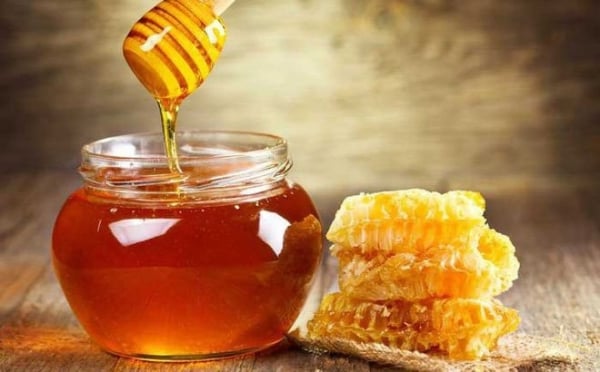




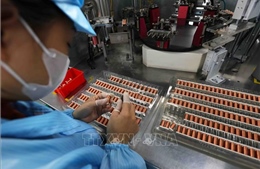
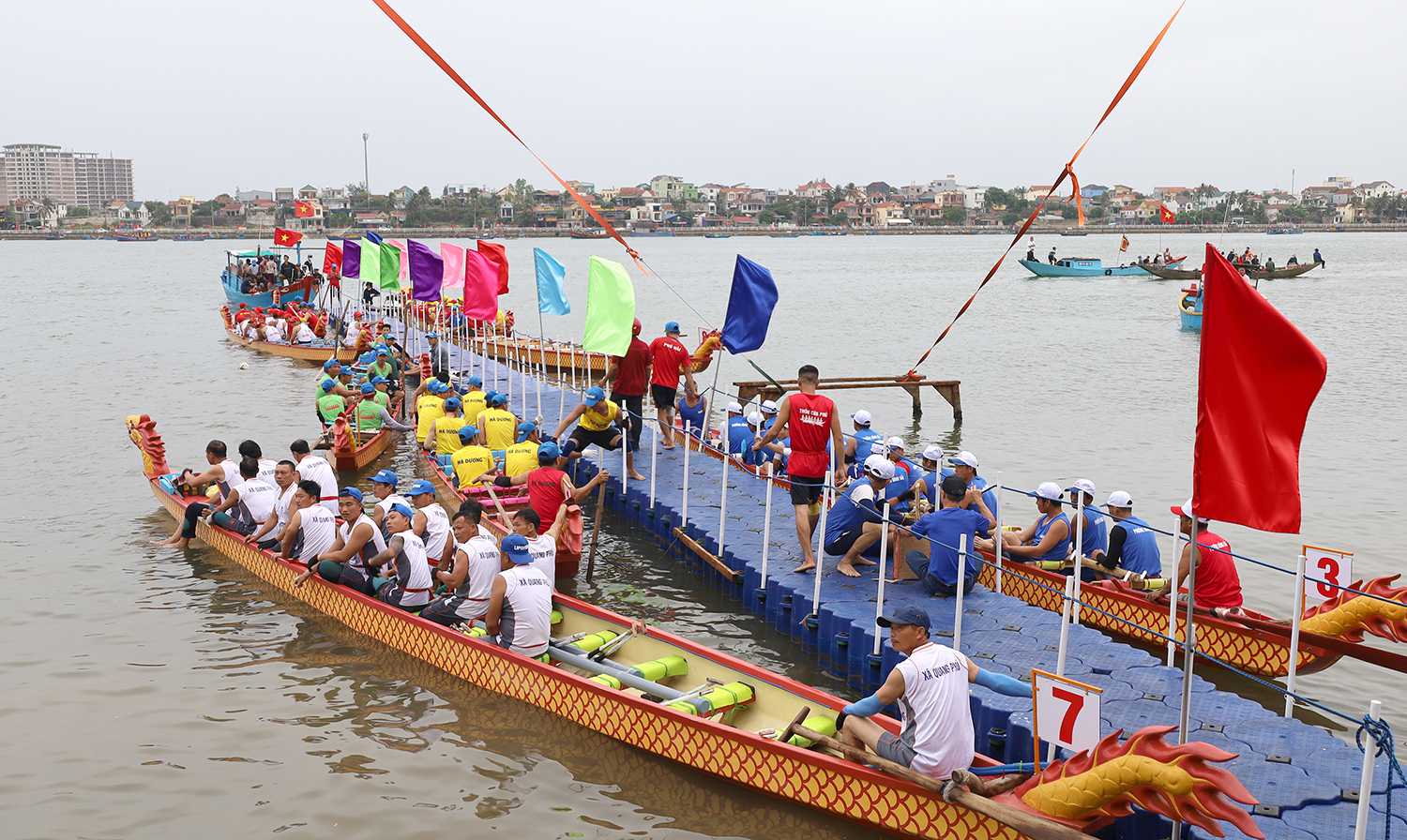
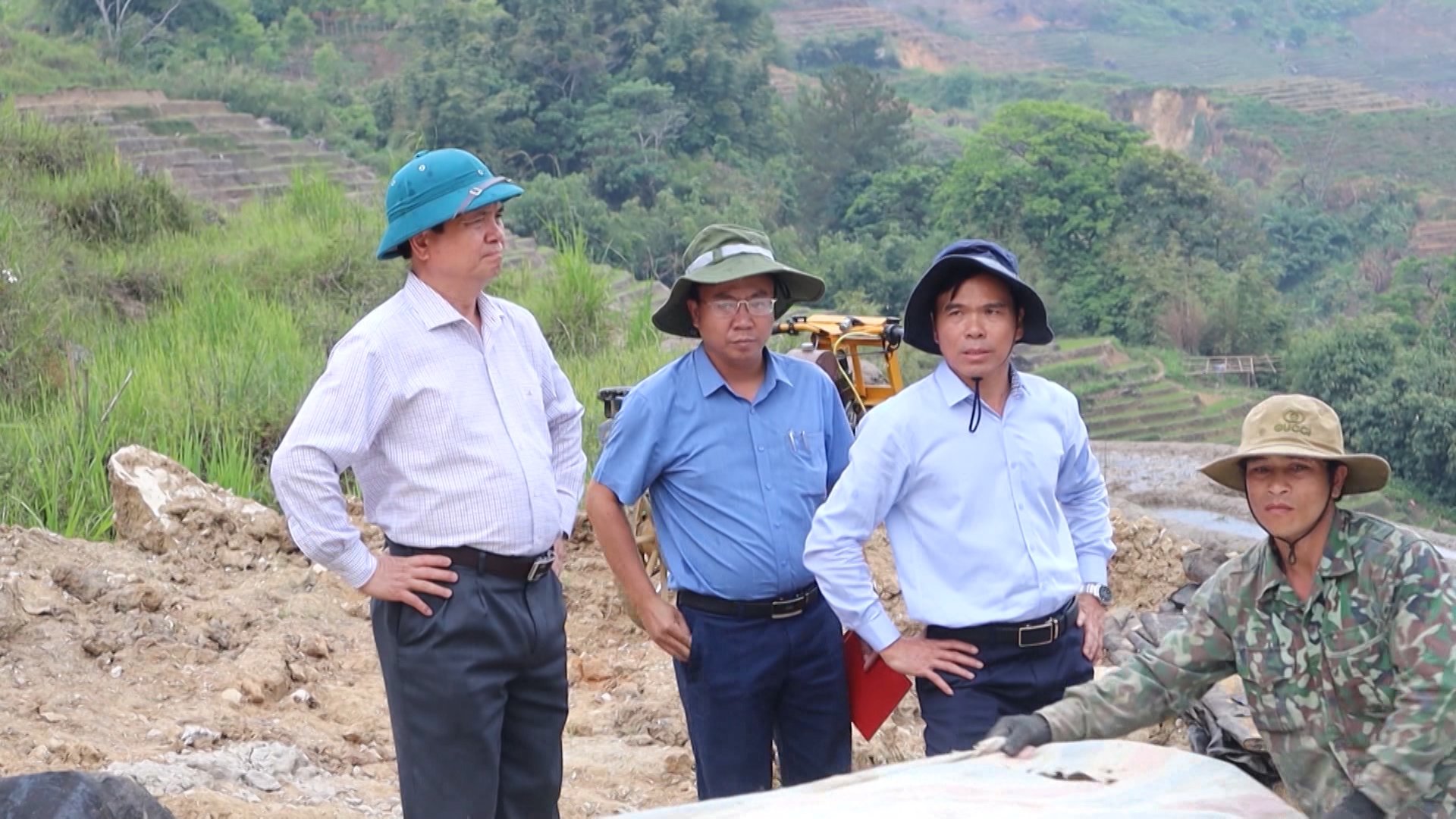




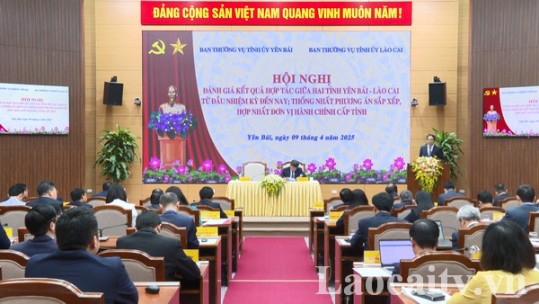
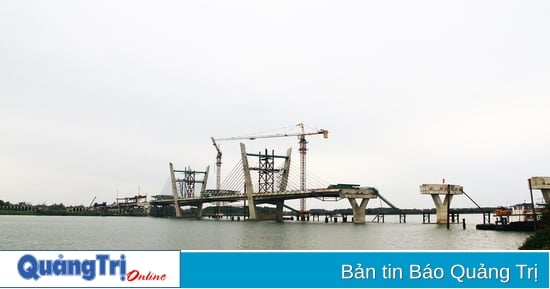
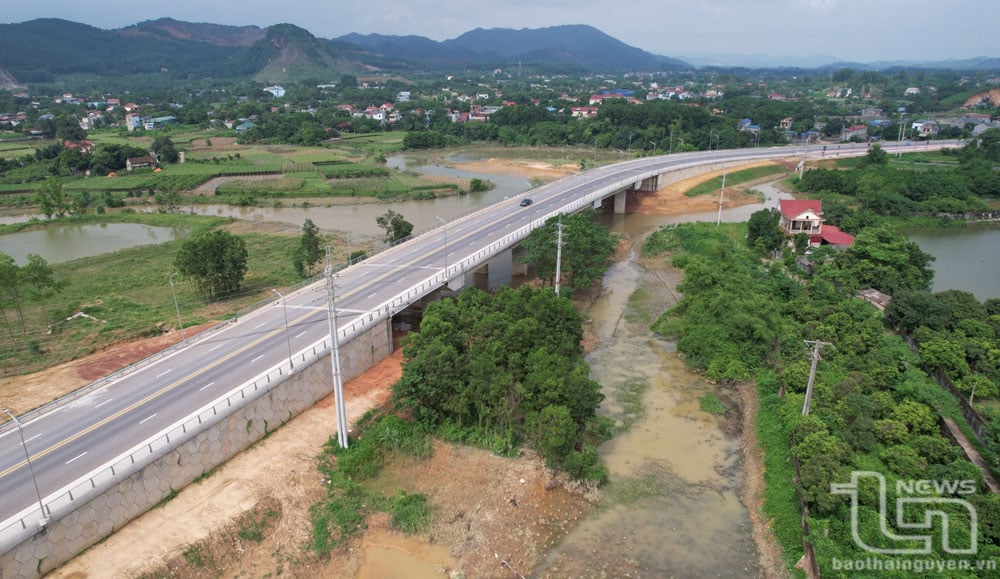



![[Photo] Visiting Cu Chi Tunnels - a heroic underground feat](https://vstatic.vietnam.vn/vietnam/resource/IMAGE/2025/4/8/06cb489403514b878768dd7262daba0b)










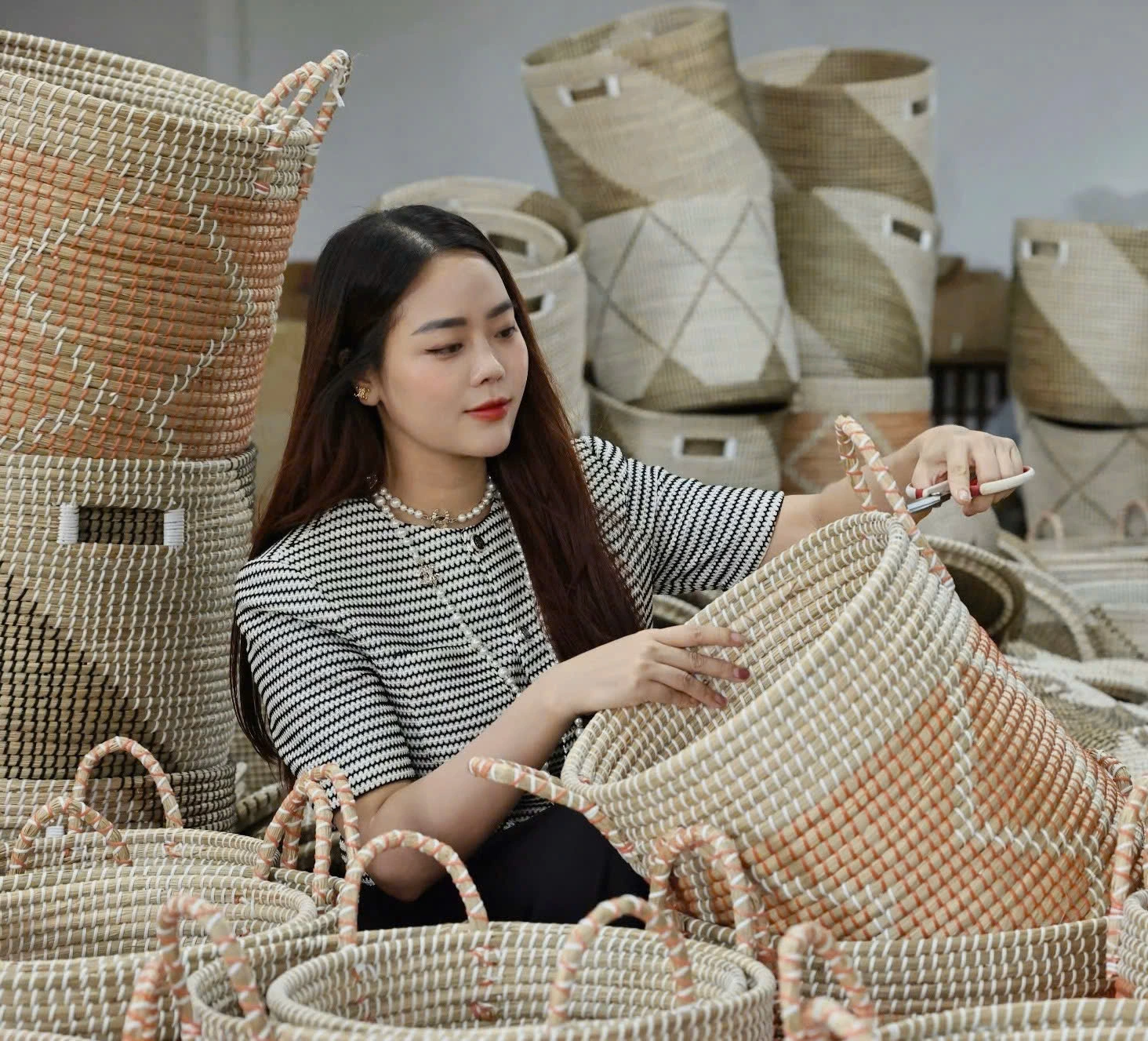

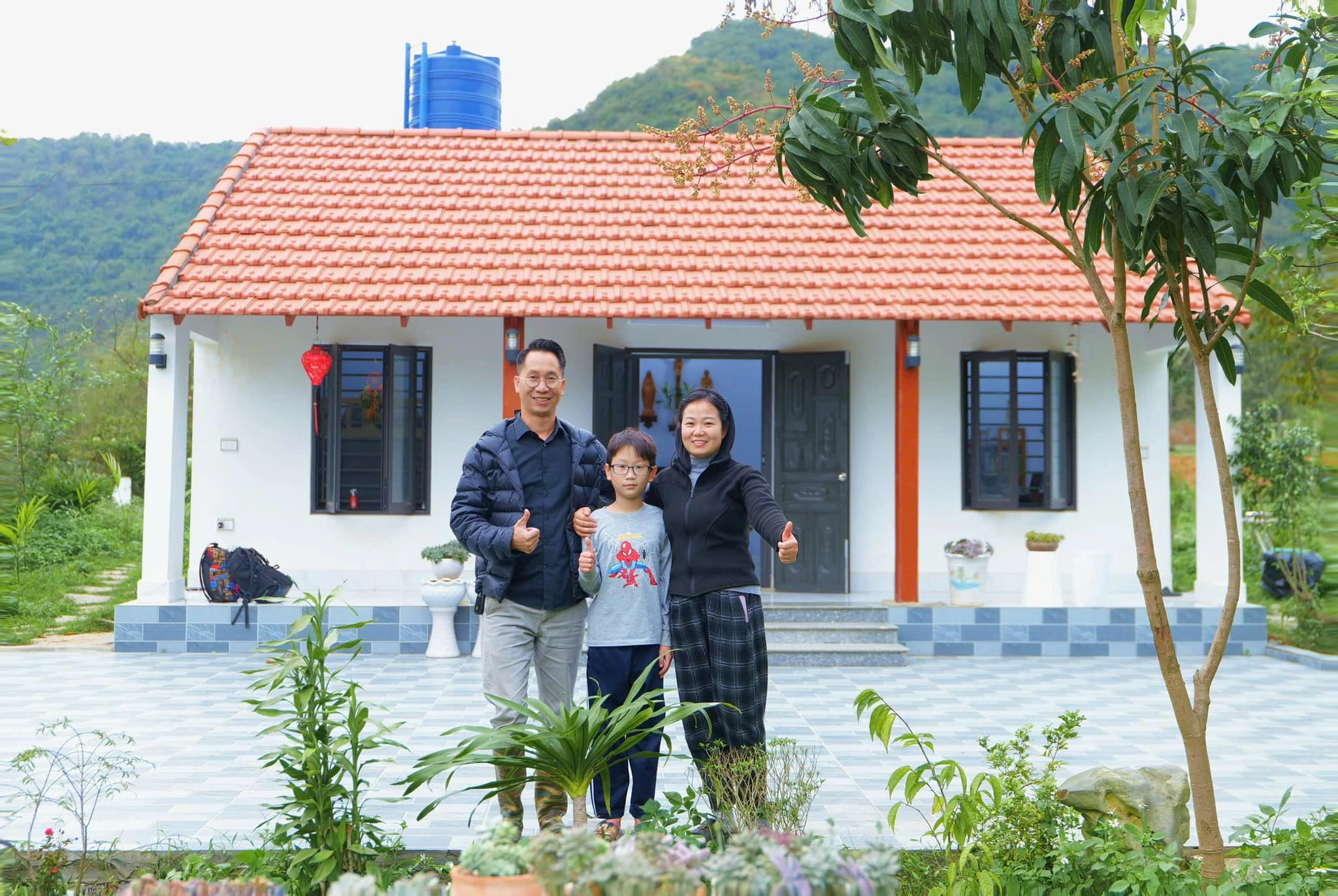
















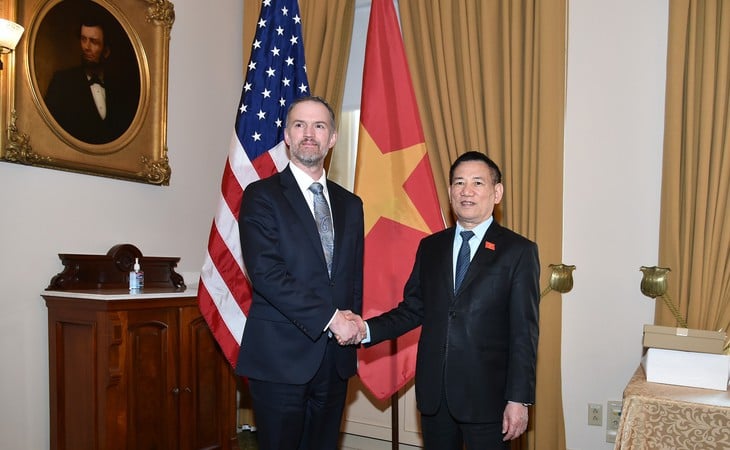



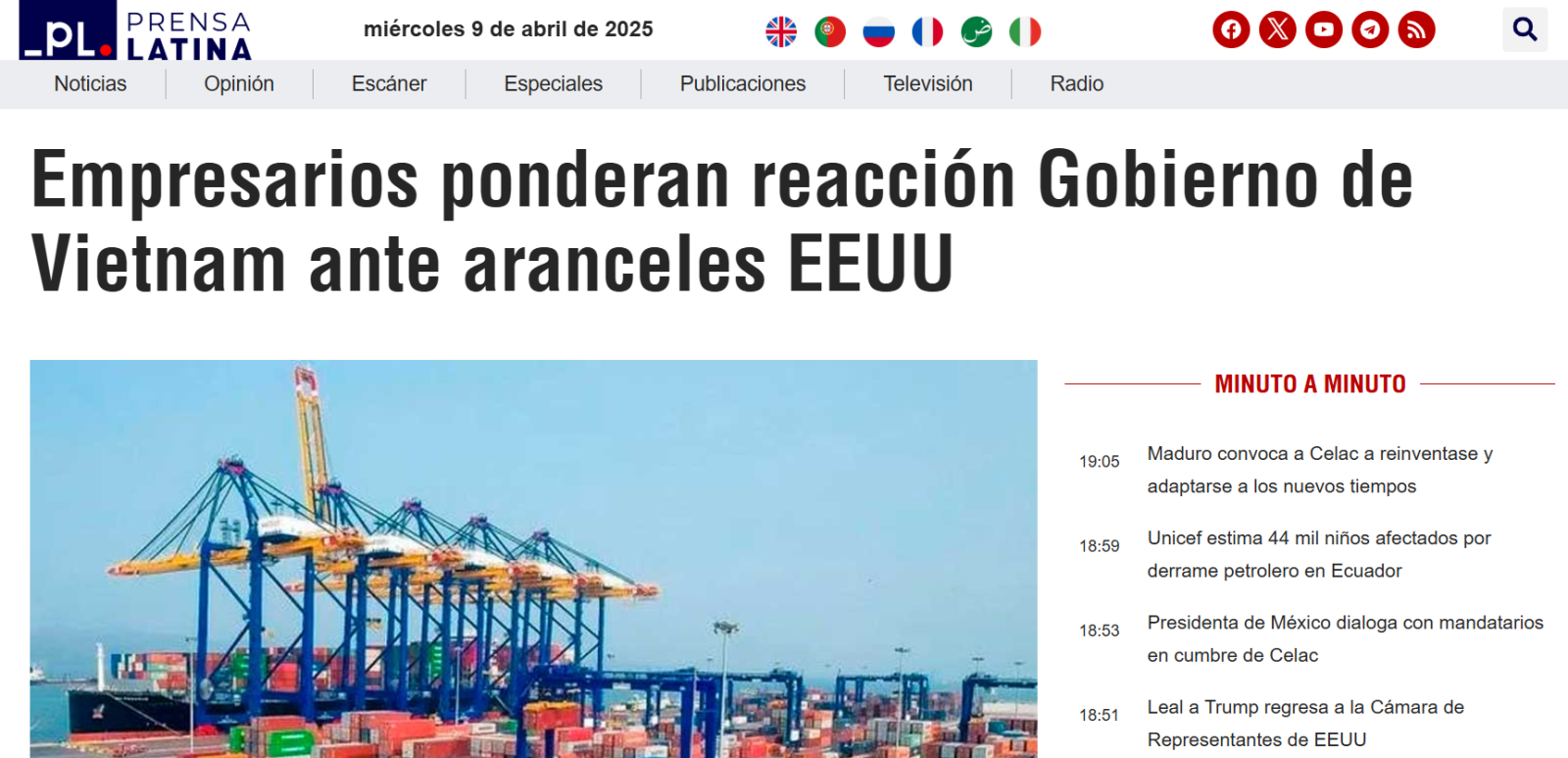














Comment (0)